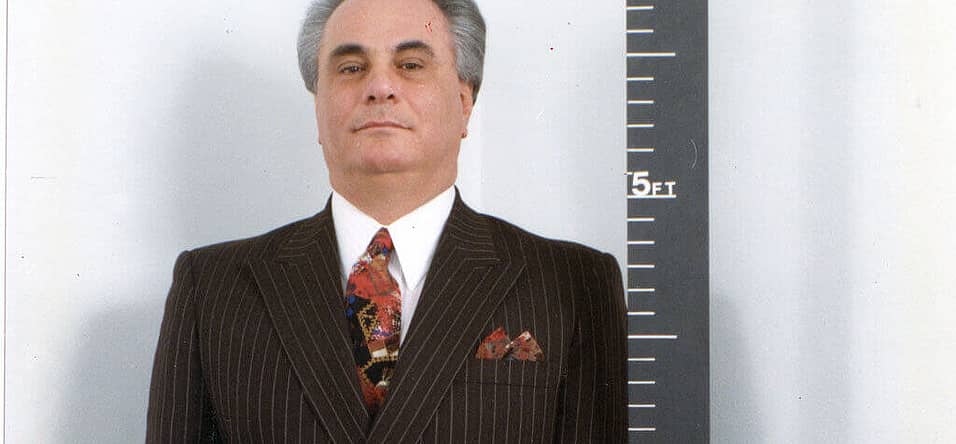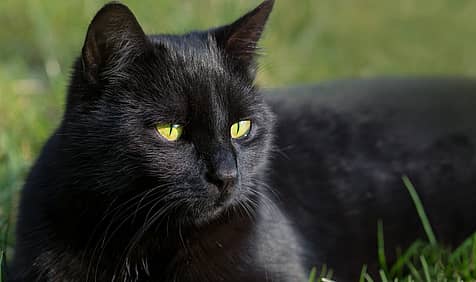
John Gotti's birthday
John Gotti, born October 27, 1940, led a controversial life. He rose to prominence in New York’s underworld.
Known for his bold style and outspoken personality, Gotti became a famous figure. His life, filled with crime and legal battles, ended in prison. Gotti’s story remains a fascinating chapter in American history.
John Gotti: From Streets to Notoriety
John Gotti’s early years were tough. Born in the Bronx, New York, he grew up in a poor family with 12 siblings. His parents struggled to make ends meet. This environment shaped Gotti’s childhood. He often found himself on the streets, learning from local gangs.
His education was short-lived. Gotti attended Franklin K. Lane High School but dropped out at 16. The school’s rigid structure didn’t suit him. Instead, he found lessons in the hustle of street life. This path led him to petty crimes, shaping his future unexpectedly.
Gotti’s charm and street smarts stood out early. He quickly learned how to navigate the complex dynamics of street gangs. These skills would later propel him to the top of one of New York’s most feared crime families. His childhood, though challenging, laid the foundation for his notorious career.
John Gotti’s Power and Influence
John Gotti, born in the Bronx in 1940, grew up in a world shaped by hardship and crime. As the fifth of thirteen children in a family struggling with poverty, Gotti’s early life in East New York, Brooklyn was a tough one. His involvement with street gangs by the age of 12 marked the beginning of his journey into organized crime. Despite an attempt at a normal life, marrying Victoria DiGiorgio in 1962 and briefly working legitimate jobs, Gotti’s path led him back to crime, quickly rising through the ranks of the Gambino family.
Gotti’s criminal career escalated from hijacking at JFK Airport to a significant role in the Gambino crime family. His leadership skills became evident as he navigated through various criminal endeavors, from thefts to running a major crew. His first major sentence came in 1968, laying the groundwork for his notorious future. Despite brief stints in prison, Gotti’s ambition and ruthlessness propelled him to the top, eventually orchestrating the murder of the Gambino boss Paul Castellano to become the family head.
The 1980s and early 1990s were the peak of Gotti’s power, earning him the nickname “Teflon Don” for his ability to avoid convictions. His flamboyant style and high-profile trials made him a media sensation but also a target for law enforcement. The FBI’s relentless pursuit finally paid off when Sammy Gravano, Gotti’s underboss, turned informant, leading to Gotti’s conviction in 1992 for multiple crimes, including murder and racketeering. This marked the end of Gotti’s reign over the Gambino family and demonstrated the vulnerabilities within the Mafia’s code of silence.
John Gotti died of throat cancer in 2002 in a prison hospital in Missouri, but his legacy lives on as a symbol of the rise and fall of Mafia power in America. His life story, from the streets of Brooklyn to the head of one of the most powerful criminal organizations in the United States, reflects the complex interplay of loyalty, power, and betrayal. Gotti’s impact on organized crime and his eventual downfall illustrates the inevitable consequences of a life dedicated to crime.
Interesting Facts About John Gotti
Young Entrepreneur: John Gotti started a small gang called Fulton-Rockaway Boys as a teenager, showing his leadership skills early on.
A Family Man: Despite his criminal life, Gotti was known to be a devoted family man, deeply caring for his wife and children.
Charitable Acts: Surprisingly, Gotti occasionally engaged in charitable acts, including organizing community events in his neighborhood.
Love for Literature: Gotti had an unexpected interest in literature, with a particular fondness for classic novels and historical books.
Media Savvy: He understood the power of media and used it to his advantage, often manipulating public perception.
Health Challenges: Later in life, while in prison, Gotti faced serious health issues, including throat cancer, which significantly impacted his final years.
Fan of Fireworks: He famously organized lavish fireworks displays in his neighborhood, which were enjoyed by the local community.




